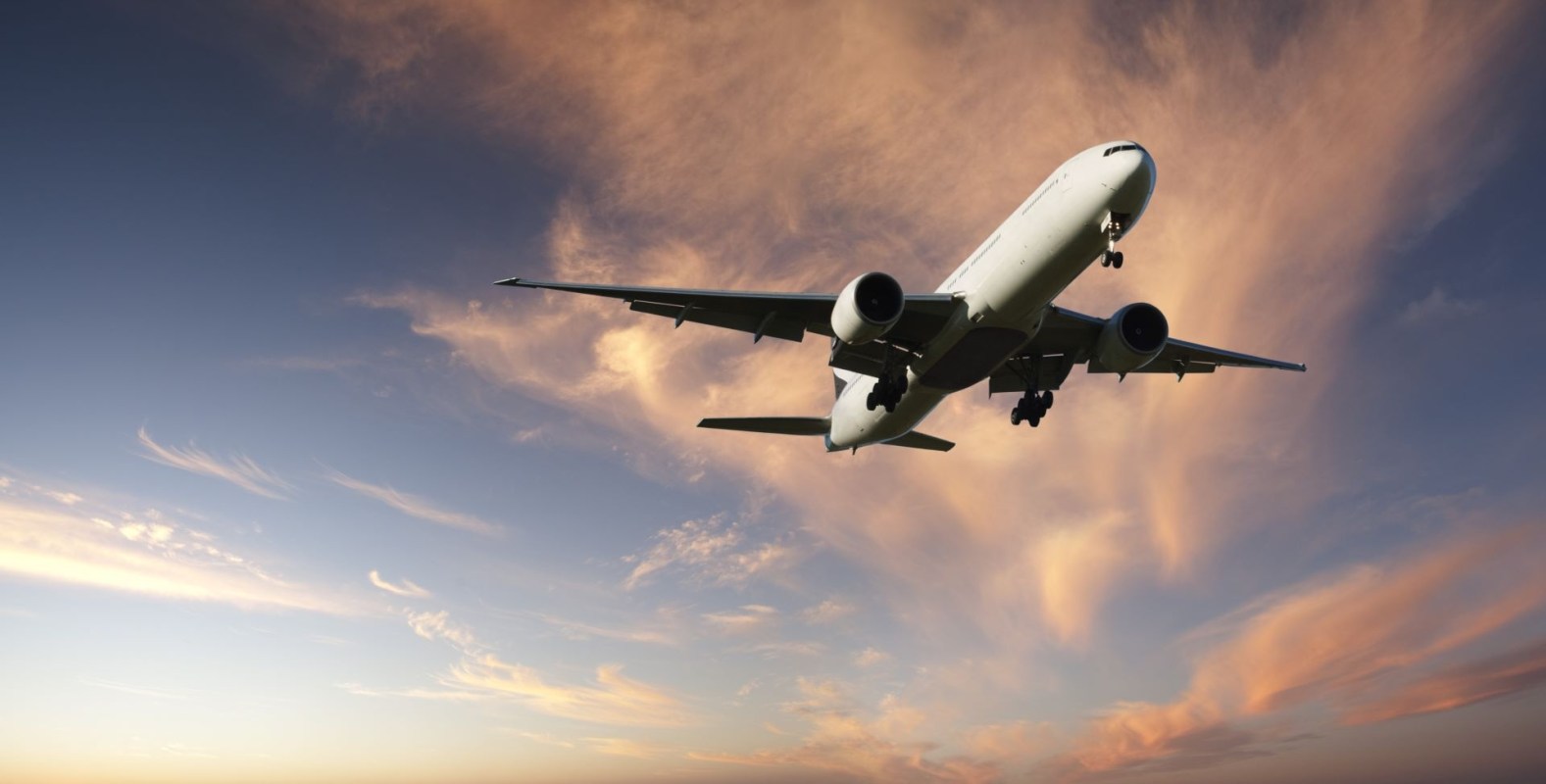Emirates, one of the world's largest airlines, just announced that it successfully completed a test flight featuring a Boeing 777 engine operating on what the company calls "sustainable aviation fuel" (SAF).
The plane reportedly flew for almost an hour along the coast of the United Arab Emirates, relying fully on the new, sustainable fuel — its second engine was filled with conventional jet fuel for safety reasons only.
"This flight is a milestone moment for Emirates and a positive step for our industry," Emirates COO Adel Al Redha said in a press release, "as we work collectively to address one of our biggest challenges — reducing our carbon footprint."
It's no secret that air travel isn't great for the environment. The International Energy Agency — which notes that the aviation sector is not on track to meet the agency's goal of reaching "net zero" by 2050 — estimates that air travel accounts for more than 2% of all energy-related carbon pollution worldwide.
Jet fuel also releases harmful compounds like nitrogen oxides and particulate matter. The Environmental and Energy Study Institute says that the water vapor expelled by planes can crystallize into cirrus clouds that trap infrared rays, "producing a warming effect up to three times the impact of [carbon gas]."
If the SAF tested by Emirates can be produced at scale, it could prove an incalculable boon for the environment. Emirates has not disclosed the exact chemical makeup of the fuel, though the company's press release noted that it was "comprised of HEFA-SPK provided by Neste (hydro processed esters and fatty acids and synthetic paraffinic kerosene) and HDO-SAK from Virent (hydro deoxygenated synthetic aromatic kerosene)."
Neste and Virent are two of the partner companies Emirates worked with on the flight, along with GE Aerospace, Boeing, and Honeywell.
Though it is headquartered in one of the most oil-rich areas on the planet, Emirates claims it is "committed to supporting initiatives that help minimize its CO2 emissions." The airline recently announced a partnership with oil giant BP to explore further advances in SAF technology.
A month before the Boeing test flight, Emirates partner GE Aerospace worked with United Airlines on what GE has called "the first 100% SAF passenger flight" from Chicago to Washington, D.C.
Join our free newsletter for cool news and actionable info that makes it easy to help yourself while helping the planet.









